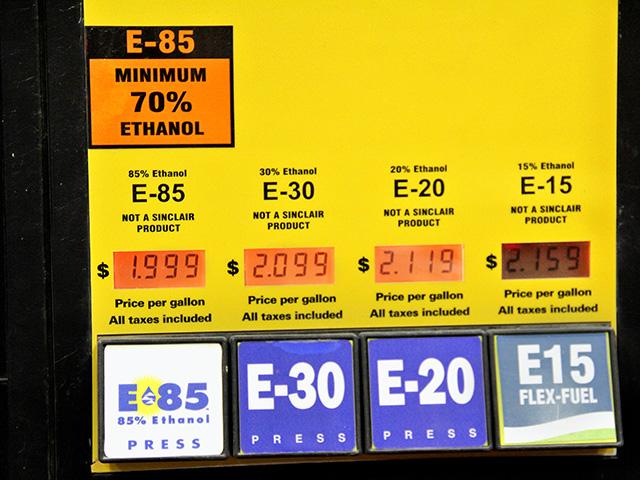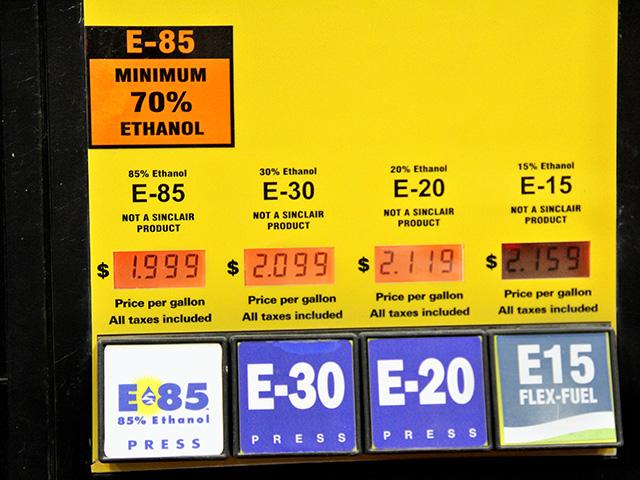Ethanol Blog
RFA to California Regulators: Changes to LCFS Would Harm Ethanol Future in State
LINCOLN, Neb. (DTN) -- The future of ethanol use in the state of California could be in jeopardy if new regulations proposed by the state are adopted, the Renewable Fuels Association told the California Air Resources Board in comments submitted on Wednesday.
The RFA said in a news release on Thursday the proposed regulations updating the state's low-carbon fuel standard are "fundamentally flawed and could significantly restrict" the future use of low-carbon ethanol in California.
RFA said renewable fuel producers and California consumers would "suffer" if CARB moves ahead with its "unnecessary and inexplicable" proposal for new sustainability requirements and an "arbitrary" new method for assigning hypothetical land use change penalties.
"If CARB had its thumb on the scale against ethanol before, now they are trying to give themselves the authority to put their whole fist on the scale," RFA President and CEO Geoff Cooper said in a statement.
"This proposal is completely disconnected from reality and, if finalized, will very likely result in shortages of low-carbon fuels and higher fuel prices for California consumers."
P[L1] D[0x0] M[300x250] OOP[F] ADUNIT[] T[]
CARB maintains that the new sustainability requirements are necessary to mitigate the "rapid expansion of biofuel production and biofuel feedstock demand."
However, the RFA told CARB the data shows that there is no "rapid expansion" in U.S. corn ethanol production and historical growth has been accommodated with existing cropland and higher productivity.
"Applying the sustainability criteria to U.S. corn ethanol makes no sense in light of the hard evidence documenting the efficiency and sustainability associated with the industry's growth," according to RFA's comments.
RFA said the proposed changes are unworkable for U.S. farmers and ethanol producers.
"The proposal includes overreaching language that appears to extend beyond CARB's authority, along with unrealistic requirements for commodity traceability," RFA's Chief Economist Scott Richman wrote in the comments.
"CARB should seriously reconsider such a broad and sweeping mandate that could result in an invalidation of LCFS credits due to an unrelated violation that occurs outside of both a fuel provider's control and CARB's jurisdiction."
RFA also argues that the development and assignment of land-use change penalties should be based on scientific data and modeling and must be subject to an appropriate public rulemaking process.
RFA said the draft regulations provide "broad new discretion" for the CARB executive officer to unilaterally adjust LUC factors for existing pathways and to assign new LUC factors for feedstock/fuel combinations not included in the current lookup table.
"Given the magnitude of the implications of the LUC provisions, it seems inappropriate and outside of the bounds of California regulatory guidelines for CARB to make unilateral changes to LUC factors without following a well-defined process, including public workshops and a formal rulemaking," Richman wrote.
Todd Neeley can be reached at todd.neeley@dtn.com
Follow him on social platform X @DTNeeley
(c) Copyright 2024 DTN, LLC. All rights reserved.






Comments
To comment, please Log In or Join our Community .